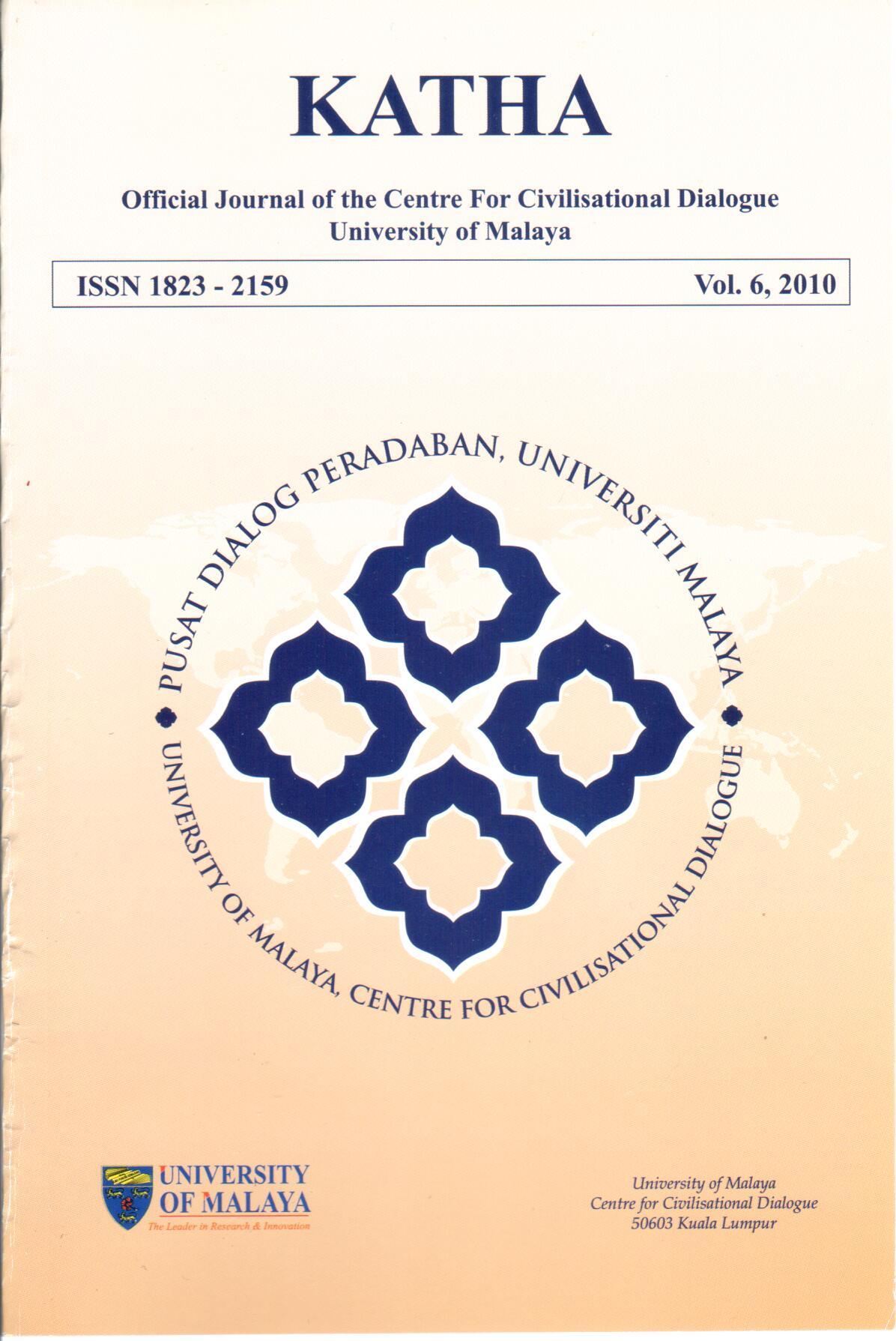Principles of Islamic Civilization
Abstract
Humans are created by God with minds that enable them to understand the role of life and to create a civilization. That is why people have history, and civilization is created from to generation to generation. Therefore, history and human civilization never end. When a nation falls, another nation exists. A government exists and collapses, but a civilization remains, because when a government falls, another government exists with a civilization that has its own unique history and civilization. Three thousand years ago, Rome was one of the largest empires in the world, and had a very old civilization. But today, Rome is a small city in Europe. Five hundred years ago, America was an isolated continent. But now, it is one of the countries that have world power and great civilization. It dominates the world politics and economy, and many third world countries. Its military power causes third world countries to submit to its orders.
There are approximately twelve major civilizations in the world. Seven out of the twelve civilizations no longer exist. Those civilization are Mesopotamia, Egyptian, Cretan, Classical, Byzantine, Middle American and Andean. The other five surviving civilizations are China, Japan, India, Islam, and the West. But many scholars confirmed that the Russian Orthodox civilization is also among the large civilizations.
Downloads
Downloads
Published
How to Cite
Issue
Section
License
Articles submitted to the journal should not have been published before in their current or substantially similar form, or be under consideration for publication elsewhere. Authors submitting articles for publication warrant that the work is not an infringement of any existing copyright and will indemnify the publisher against any breach of such warranty. For ease of dissemination and to ensure proper policing of use, papers and contributions become the legal copyright of the publisher unless otherwise agreed. By submitting a manuscript, the author(s) agree that copyright for the article is transferred to the publisher, if and when the manuscript is accepted for publication. However, it can be reprinted with a proper acknowledgment that it was published in KATHA.

This work is licensed under a Creative Commons Attribution-NonCommercial-NoDerivatives 4.0 International License.




